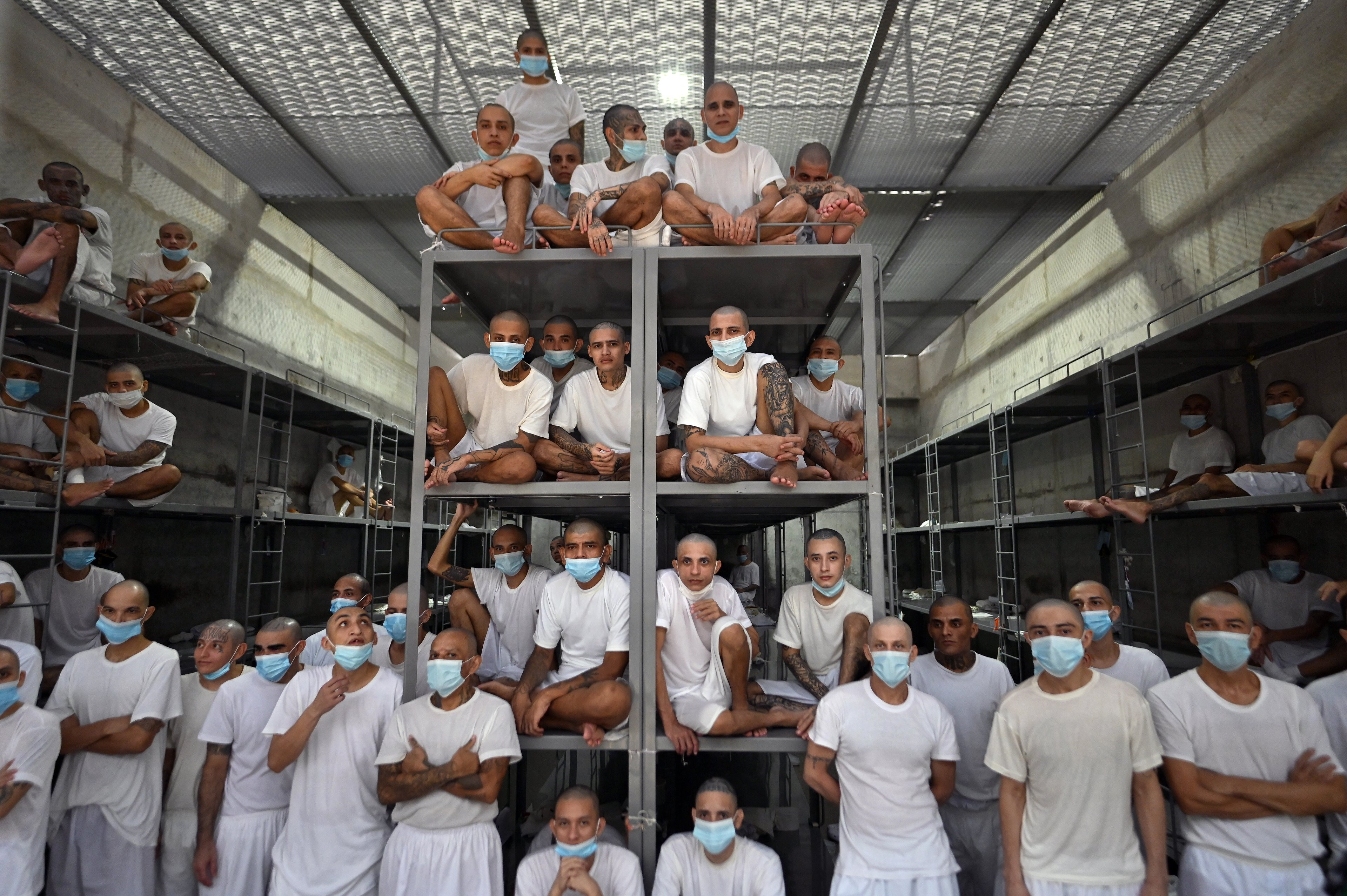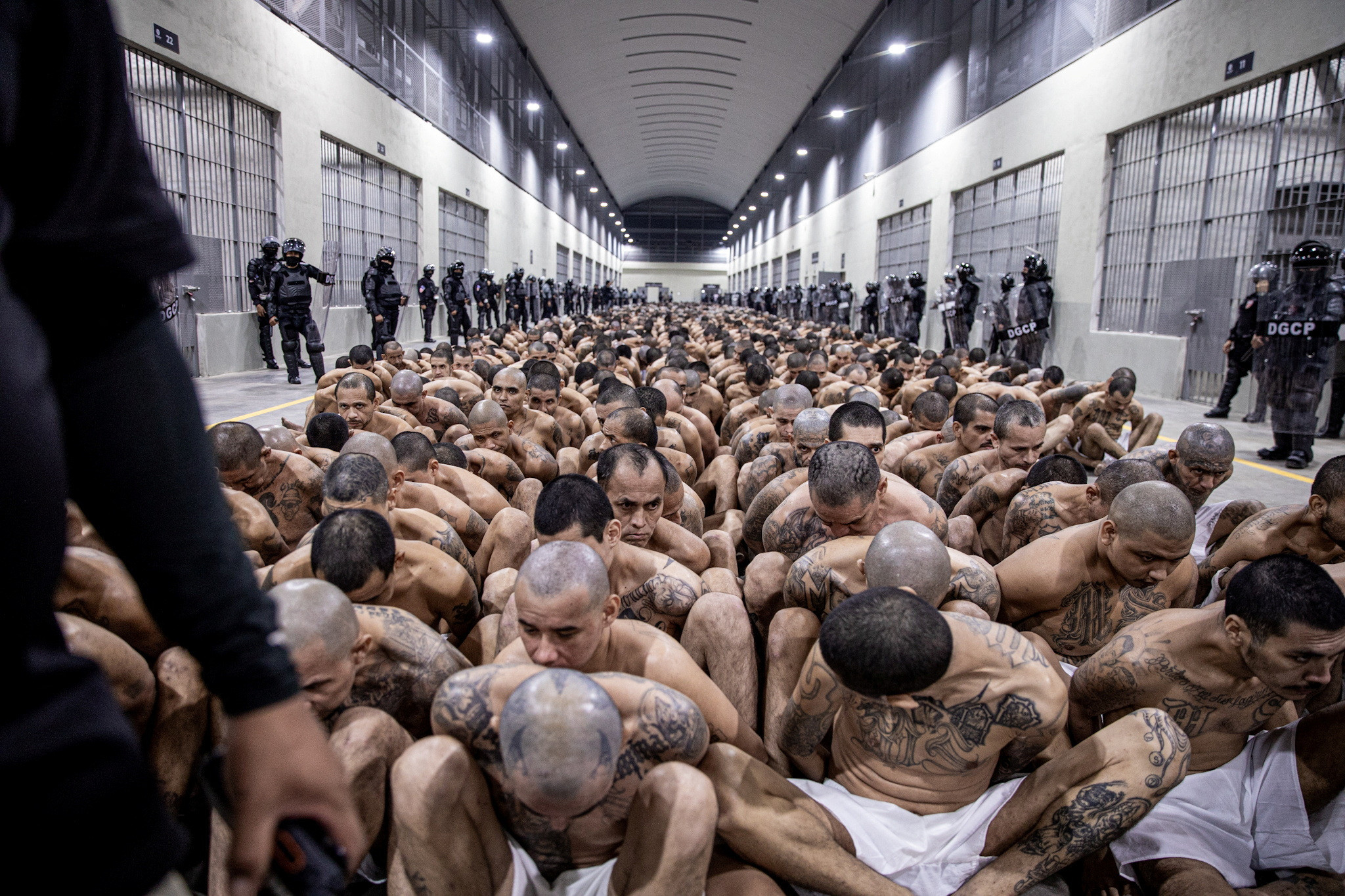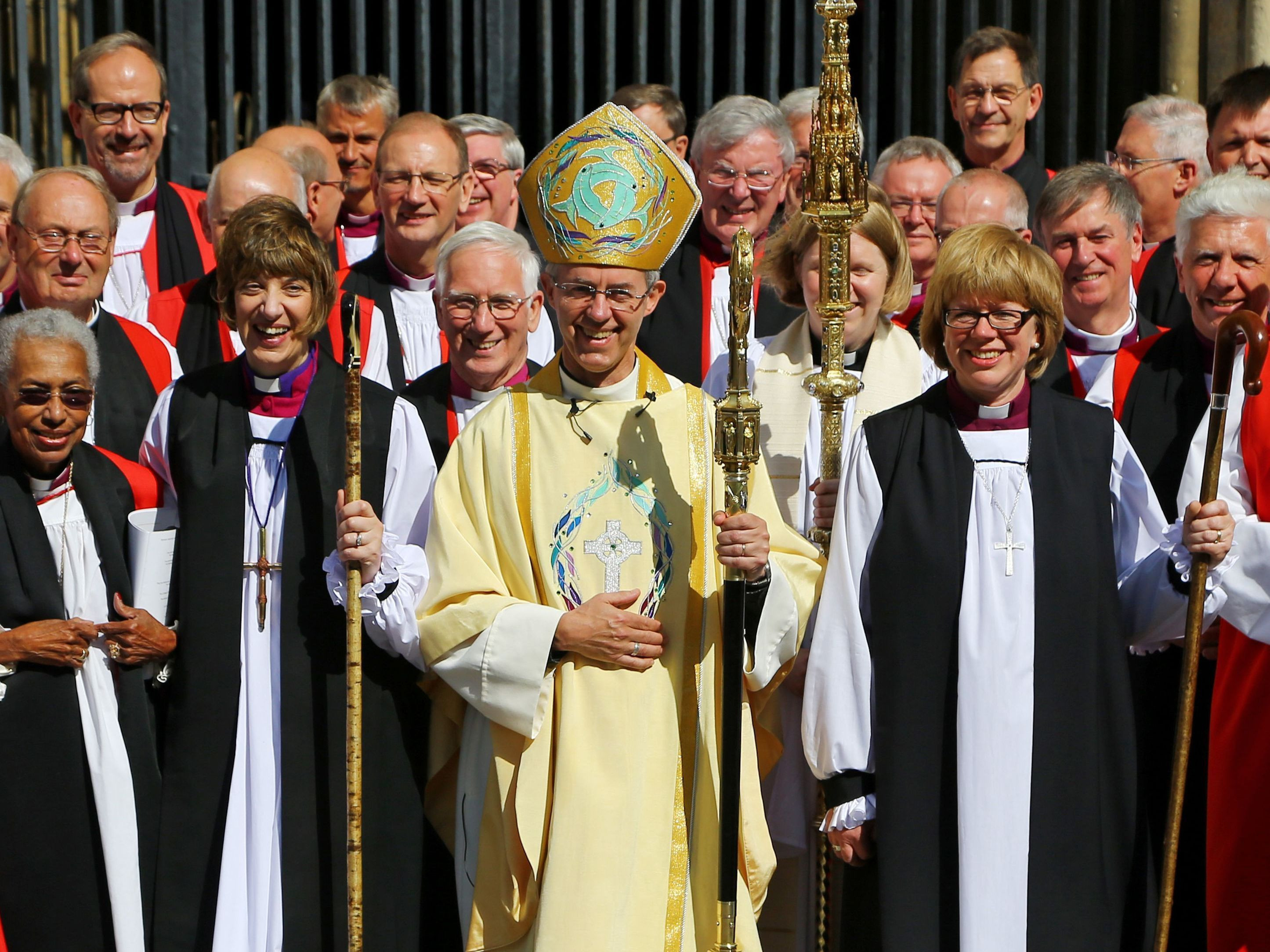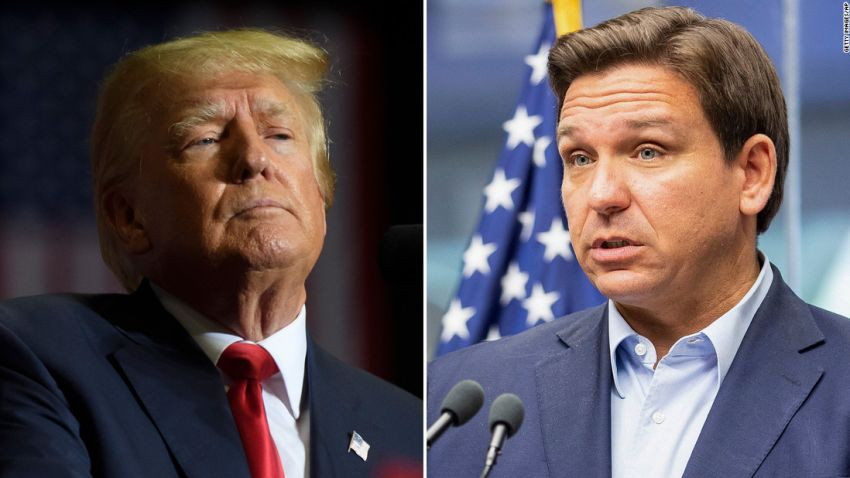El Salvador's Controversial Offer to House US Criminals
In a move that has sparked significant international debate, El Salvador's President Nayib Bukele has offered to take in and incarcerate US criminals, including US citizens, within his country's newly constructed mega-prison. This unprecedented proposal, announced following a meeting between Bukele and US Secretary of State Marco Rubio, presents a complex interplay of political, economic, and humanitarian considerations.
The Bukele-Rubio Agreement: Details and Reactions
The agreement, described by Rubio as an “extraordinary migratory agreement,” entails El Salvador accepting deportees of any nationality, with a particular focus on violent criminals currently serving sentences in the US. This includes US citizens and legal residents. Rubio expressed profound gratitude for Bukele's offer, a sentiment echoed by some US officials, while others remain skeptical. Bukele, known for his hardline approach to crime, framed the deal as an opportunity to outsource part of the US prison system, emphasizing the financial benefits for El Salvador while highlighting the sustainability of his country's prison system.
Bukele's Justification and Public Opinion
Bukele has consistently prioritized crime reduction since taking office in 2019. The mega-prison, known as CECOT (Center for the Confinement of Terrorism), is a cornerstone of this strategy. The opening of CECOT was marked by highly publicized images of inmates, showcasing the government’s commitment to incarcerating gang members. While Bukele's approach enjoys considerable popular support within El Salvador, human rights organizations have expressed deep concerns about the conditions within CECOT and the broader implications of the crackdown on crime. There are claims of wrongful arrests and accusations of the “gradual replacement of gang violence with state violence”. Despite this criticism, Bukele's popularity remains steadfast, illustrated by his landslide re-election victory in February with over 84% of the vote.
The International Implications and Legal Challenges
The proposal raises several significant international legal and ethical questions. The transfer of US citizens to foreign prisons for incarceration would require navigating complex legal frameworks in both countries, potentially leading to protracted legal battles. The treatment of inmates within CECOT, which has been criticized by human rights groups, adds further complexity. The potential for violations of prisoners' rights and the conditions of confinement are major concerns.
Human Rights Concerns and Opposition
Amnesty International, among others, has criticized the state of El Salvador's prisons, citing inadequate sanitation, potable water, ventilation, temperature control, and lighting. Critics have voiced fears that the deal might not be limited to violent criminals and could lead to abuses against vulnerable individuals, including asylum seekers and refugees. El Salvador's opposition parties, such as the Farabundo Martí National Liberation Front, have voiced strong criticism, with Manuel Flores labeling the deal as a move by Washington to use El Salvador as a dumping ground for its criminal population.
The US Perspective and Potential Next Steps
While Secretary of State Rubio presented the proposal enthusiastically, a US official clarified that the Trump administration currently has no plans to deport American citizens. The legality and practicality of such a measure, along with its potential implications for constitutional rights, would present substantial hurdles. However, the offer signals a potential shift in US immigration policies, reflecting the administration's focus on swiftly removing undocumented migrants. The details of any potential financial arrangements between El Salvador and the US remain undisclosed, adding an additional layer of uncertainty to the situation.
Trump Administration's Stance and the Future of Deportations
The current administration, under President Donald Trump, has prioritized the rapid removal of undocumented migrants. Trump has openly discussed his desire to remove violent criminals and repeat offenders from the US. This proposal might be seen in that context, though its actual implementation remains debatable. It remains to be seen whether the Trump administration will indeed accept Bukele's offer, and the specifics of any agreement would need to address a range of logistical and legal challenges.
A Deal of Unprecedented Scale: What Lies Ahead?
The proposed agreement between El Salvador and the United States represents an unprecedented approach to managing transnational crime and deportation. Its successful implementation would necessitate addressing concerns about human rights, due process, and the legal complexities involved in transferring US citizens to a foreign prison system. The agreement is likely to face considerable scrutiny from international organizations, human rights advocates and the broader international community. The future of this ambitious endeavor will depend on the ability of both governments to navigate these challenges while upholding principles of justice and human dignity. This extraordinary offer is not just a matter of criminal justice or international relations; it encapsulates the multifaceted realities of migration, crime, and the complexities of international cooperation in an ever-changing world.


















